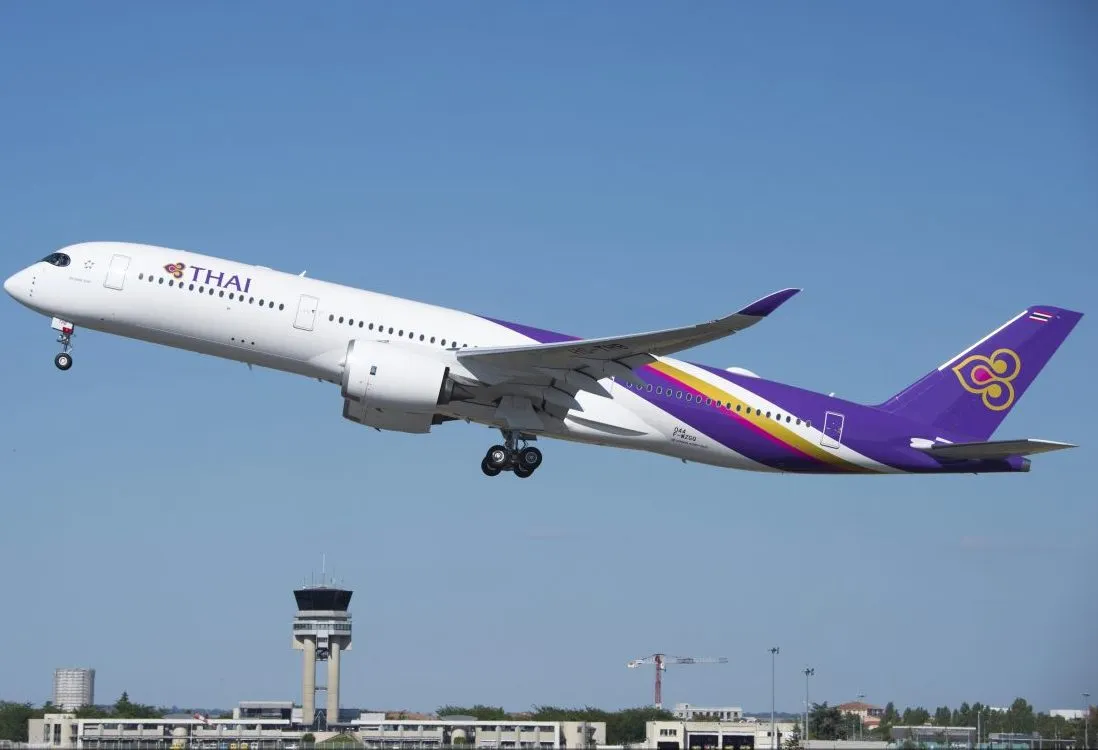Events Are Personal. Tech Is Not. How the Two Are Reconciling

Skift Take
Event technology is becoming a hot sector, as software startups rush to solve the longstanding challenge of measuring attendee engagement.
In fact, many in the industry say the meetings sector will soon see a tech explosion — maybe as soon as within the next year or two — as companies realize the importance of gathering attendee data. Still, this enthusiasm may be overlooking one of the most fundamental and challenging aspects of events: They are personal. They are about relationships, experiences, and often emotions, something that is uniquely hard to quantify, and may require a more holistic approach.
“Online you know what people are doing. You can track every movement. But probably the most important interactions people have are in person at events. And that’s very different,” said Michael Burns, global head of sales and marketing for event software company Aventri.
The personal aspect of events may partly explain why the industry is so stubbornly far behind in terms of technology, prompting many event tech startups such as Bizzabo and Splash to get in the game, seeing an opportunity to establish themselves early on.
“The gap in terms of technology in this space is just unbelievably huge,” said Eran Ben-Shushan, CEO and co-founder of Bizzabo. “It’s just one of those markets that quite amazingly did not yet go through a full, proper technology revolution.”
Measuring the impact of meetings becomes more complicated as events increasingly trend toward the experiential and personalized. More and more attendees are looking for boutique meeting spaces, as opposed to generic convention centers, and planners are putting more emphasis on unique and local activities.
Attendees are expecting more from events, and in turn the industry is trying to measure something much deeper.
“We measure return on investment differently nowadays. In the old days it was: Did you attend a session? How many? Today it is: Did I inspire you? What did you do as a result of attending this program?” asked Sherrif Karamat, president of the Professional Convention Management Association.
The complexity and interpersonal nature of events even affects booking. While many in the industry are chasing the idea of a one-click, instant booking solution for small meetings, others believe a purely instant booking method will never be possible, due to the wide variety of factors involved in even a simple meeting.
The Holistic Platform
With that said, event technology has come a long way to more accurately measuring attendee engagement. Companies can look at registration and attendance data, survey responses, and use heat-mapping technology to see which sessions and booths at an event are most popular at what times. They can even measure dwell time, or how long attendees stay in one particular booth, by using Wi-Fi embedded within attendee badges or wristbands.
When it comes to something as complex as personal experience, however, these tools only go so far. Some industry players believe the only solution is a holistic one, collecting all attendee metrics — from before the event starts until after it ends — within one, all-use platform. Only by having all the data in one place can it truly be analyzed and a fuller picture can start to emerge.
Despite the many improvements in meeting tech, a seamless, holistic platform remains a work in progress.
“Nowhere still to this day do we have a system that has a complete look at the whole pie,” Karamat said. “Instead, you’ve got a bit of info, I have a bit of info, that person over there has a bit of info. But it’s not all on one platform. So I’m not seeing you holistically, I’m seeing you in parts. And if we don’t make that connection, how can I serve you as a participant of my events? In an event you don’t stop living. How do we really know you if we’re not getting good insights on you? Nowhere right now does it exist.”
“The biggest challenge is owning all the pieces of the puzzle,” Bizzabo’s Ben-Shushan added. “I would say the number one challenge is owning this entire value chain and stack.”
Bizzabo strives to be this holistic platform, working to connect every part of the event process, from the initial marketing emails, to registration, payment, as well as on-site and off-site engagement. Ben-Shushan, however, acknowledges how difficult the task is.
“Very few companies are able to build a holistic platform. It’s tough — it’s like you’re trying to build 10 or 12 different startups into one startup.”




